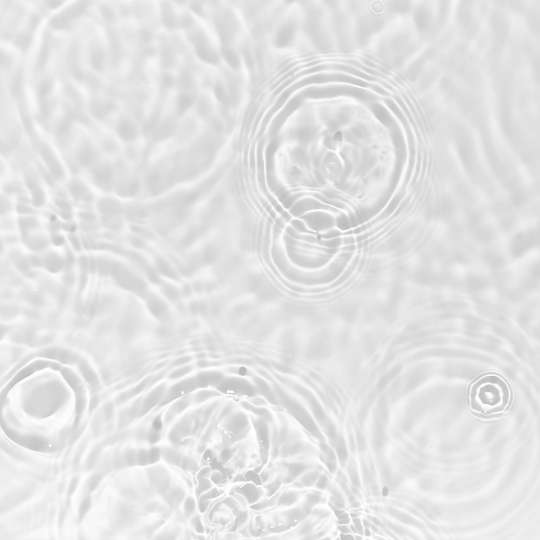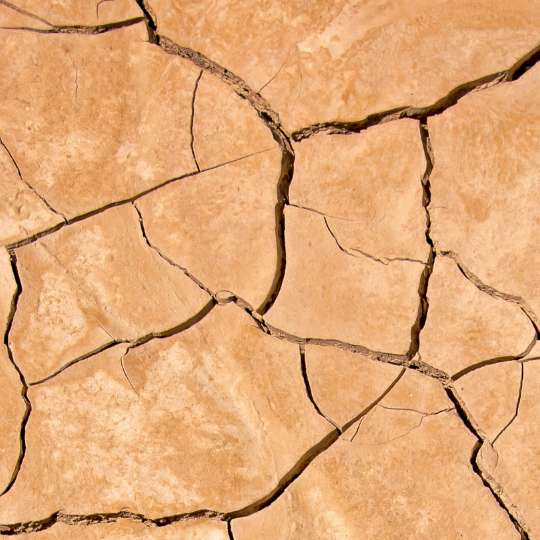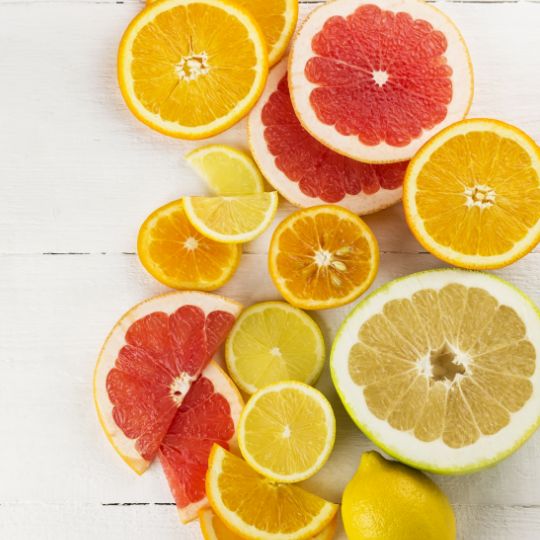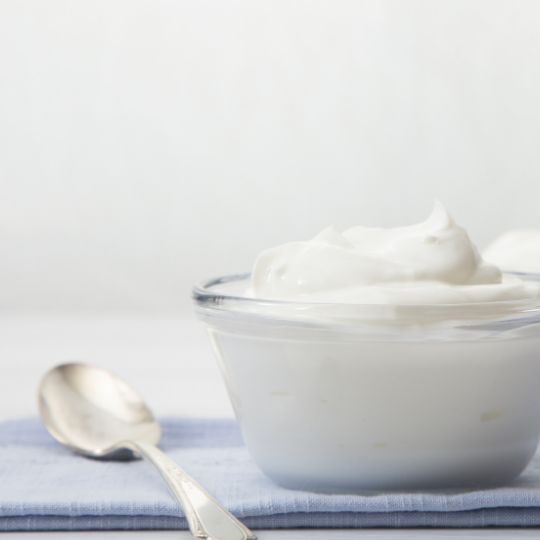
Taxes are calculated at checkout
Choose 3 free samples with every order

Does your skin really reap the benefits of drinking water?
Hands up if you have been told that drinking water is good for your skin. Now, keep those hands up if you think you understand why drinking water plays an important role in skin health. That part is not quite so straightforward, is it?
Benefits of drinking water: Separating facts from fiction
The idea that drinking lots of water is good for your skin is not new. Rather it’s something that most of us believe with confidence. And so, much like the concept that you shouldn’t swim for an hour after eating and it takes 7 years for a piece of chewing gum to be digested, we take this as a sort of skincare gospel, without putting too much thought into it.
It makes sense that drinking water will benefit our skin. Over a quarter of our skin is made up of water, and everything works better when it’s hydrated – like a well-oiled machine. There’s also the idea that drinking water flushes out toxins, and if our body is free from toxins and other nasties, then surely that will be reflected in a gorgeous, glowing complexion?
Drinking water certainly helps keep our bodies healthy, and there is also evidence to suggest that drinking a reasonable amount of water can improve both our skin’s appearance and its functions. However, that doesn't mean that suddenly drinking much more water than the recommended daily intake (six to eight glasses a day in the UK) will mean double the visible skin benefits. Think of it like a river. A steady stream is better for it’s aquatic inhabitants than a dry bank, but suddenly flooding it with double, or triple the water can cause problems. In the case of our bodies, that might mean an irritating amount of trips to the bathroom.
A middle ground that means health guidance is always best. Which is why if you suddenly up your water intake from say two glasses a day to six you may well see an improvement in your skin. Equally, if you drop from six glasses a day to two, you may see a decline.
The knock-on effect has a big part to play too. If you’re making a conscious decision to drink more water, then you’re also likely to be taking a more considered approach to your all-round health or diligent attitude to your skincare. You might be less inclined to reach for a snack to get you through the 4pm slump, and more likely to take the time to double cleanse instead of swiping a makeup wipe over your face at the end of the day.
The feeling of thirst can easily be mistaken for hunger, so drinking more water can also help you to reach less often for sugar or salt-laden convenience foods, both of which we know can negatively impact our skin. Focusing on drinking plain water (or with a slice of lemon if you don’t like the taste) will also mean you’re drinking fewer coffees, fizzy drinks or fruit juices too – an extra win for your skin.
How to treat dehydrated skin
Ok, so we have established that drinking far more than the recommended amount of water is not a miracle cure for day-to-day dehydration in the skin. Unless, of course, you were severely bodily dehydrated beforehand.
When we drink water, it’s often utilised in other areas of the body, like our organs, so the best way to ensure our skin is getting all the hydration it needs is to apply it directly. Humectants are an important family of ingredients to get to know if you have dehydrated skin. They include things like hyaluronic acid, and their key role is to work as a magnet, drawing moisture into the skin and holding it there. Just think of them as greedy moisture magnets. If applying to the skin in serum form, be sure to follow with a comforting moisturiser to really trap that much-needed hydration in.
Dry skin is slightly different to dehydrated skin but also requires more water. Unlike dehydrated skin which is lacking in water, dry skin is lacking in oil, which means it doesn’t have the required lipids to help retain moisture in the skin. Drinking enough water and applying humectants will help keep dry skin soft and comfortable.




